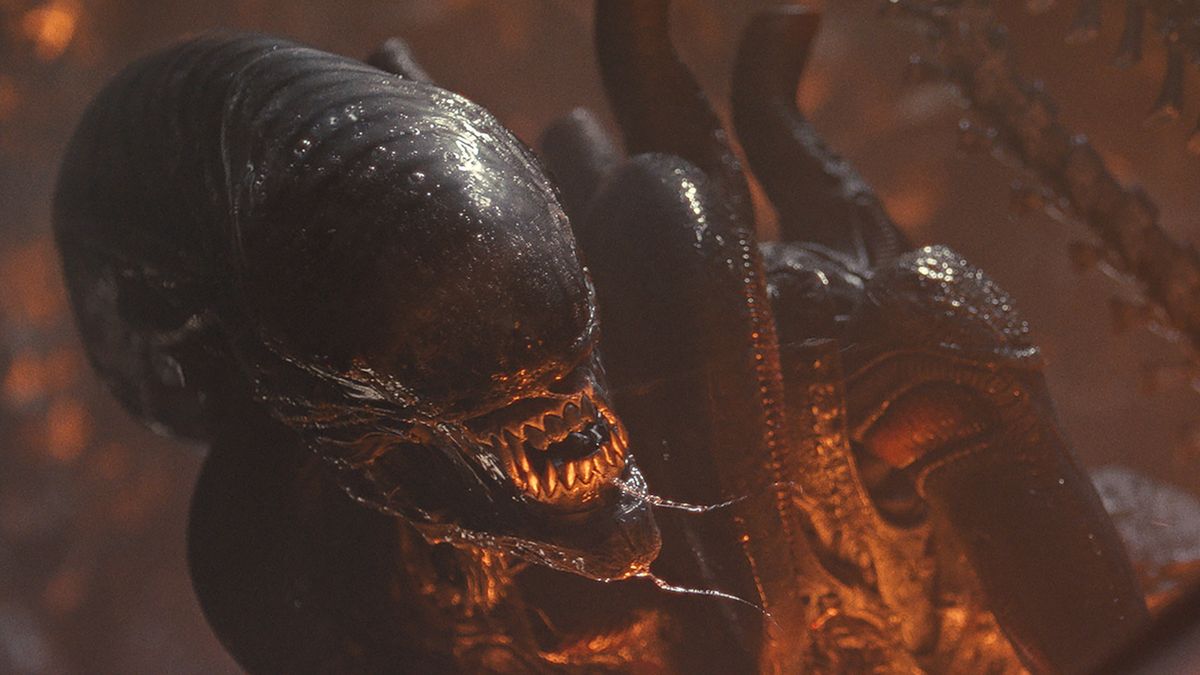Warning: Spoilers for Alien: Romulus — specifically some related to the film’s ending — are in play here. If you haven’t seen the movie yet, you’ve been warned.
Some filmmakers seem to think its their job to shake things up, especially on a studio level. As director/co-writer Fede Álvarez’s 2024 movie release Alien: Romulus is enjoying a wave of box office success, there’s an undercurrent of fans debating some of the decisions made in this fresh chapter of bioengineered hell. And, of course, the Romulus ending is one of the massive sticking points, thanks to the wild swings it takes to wrap the picture. Now, Álvarez is getting real about the pushback he received from Disney on that finale.
Considering the reactions from some fans, it does track that the Don’t Breathe director revealed to THR that even the suits at Disney pushed back on that conclusion. Fede Álvarez provided context and in doing so, shed light on his discussions with the House of Mouse and his approach to evaluating screenplays:
If I give you a script and you read it and go, ‘Let’s do it!’ then I feel like I failed. I need the studio to go, ‘Are you sure about this? Do you really want to do that?’ This is what happens with me and the studios on each one of my movies. They asked me about many things in Don’t Breathe and the blood rain in Evil Dead and were like, ‘How can we even do that? How are we going to do all that stuff?’ So when I get pushback, that’s really when I go, ‘Okay, that’s good. We’re on track. The studio is pushing back on it.’
Much like the Engineers tried to create that perfect organism to wipe out mankind amid the Alien movie timeline, Fede Álvarez seems to need his studio partners to question his work. And, from a monetary perspective, those results seem to speak for themselves, considering Romulus’ stellar opening weekend. While fans can debate the how and the why of where the movie’s story goes, one can’t dispel the business drummed up thus far.
So what exactly was Disney’s concern when pushing back on Alien: Romulus’ ending? Well, to talk about that we’ll need to discuss a new, old friend of mine. Which is why if you haven’t taken this journey to the Renaissance station just yet, you must be warned of spoilers for the ending of Romulus.
Still with us? Good, because as you could probably guess, it was one creature in particular that management seemed to have concerns over:
And they did [push back] at the beginning [with regard to the Offspring], but not because they didn’t like it. They just thought, ‘Is it too much? Do we really have to go there?’ And I was like, ‘Yeah, now that you said that we shouldn’t, I know that I will.’ So that’s exactly what we did here. If you’re given an Alien movie by a corporation that is owned by Disney and they immediately say, ‘Yeah, let’s make it,’ then you are failing somehow. So we really pushed it to the limit, and I’m glad we did.
When trying to slot a new entry into an existing canon like the Alien movies, the question of how to keep the proceedings fresh is always one of the first elements to keep in mind. Balancing that aspect with the existing lore, and not trying to upset things too much, are usually the second factor to keep in mind.
The newly introduced Offspring represents both halves of that foundational approach, married together with Mr. Álvarez’s tendency to go big or go home. And, already, some question if poor Isabela Merced’s mom-to-be, Kay, should have been the vessel for this abominable step towards a more resilient workforce.
Tying together the unfairly maligned canon of Prometheus and Alien: Covenant while also bridging the gap between Alien and Aliens is an ambitious feat that could have deeper implications for the series at large. Whether or not that pans out depends on Romulus‘ overall theatrical performance, so we’ll have to hold off on any final judgements for the moment.

Through the lens of Fede Álvarez’s shocking sensibilities in horror, an organism is birthed that says a lot about how he and co-writer Rodo Sayagues view Weyland-Yutani’s continued efforts to build better worlds. As a fan of the series that kicked off with the 1979 classic Alien, I for one happen to be excited to see where the story goes next.
Which naturally will be swayed, to a certain extent, by the potential push back that other members of the fandom have to offer to this fresh hell in space. Just remember that in a fandom, if no one can hear you scream, it’s because everyone is screaming.
As it stands, Alien: Romulus is in theaters now and offers sheer horror for audiences old and new. And if you want to keep the party going by digging a little deeper into The Company’s archives, the entire Alien saga is currently streaming through access to a Hulu subscription.
